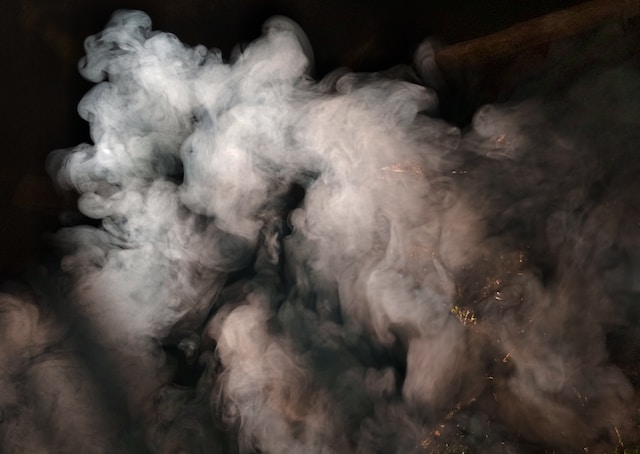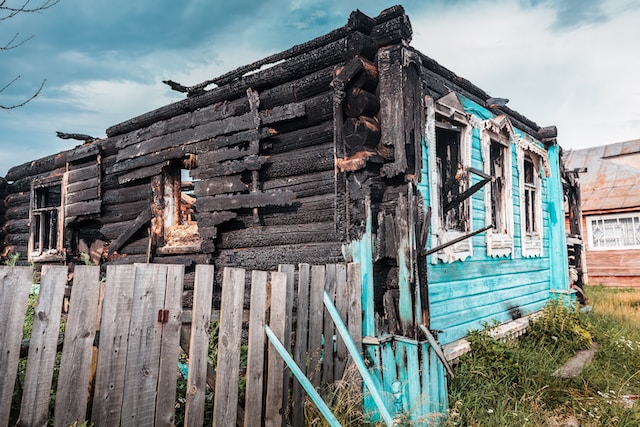Smoke testing is one of the most essential steps in the product development process. It can disqualify bad builds quickly and save time otherwise wasted on the project. Summertime is the best time to smoke-test your sanitary sewer systems. The drier weather helps the smoke travel further and provides more accurate results.
Self-Maintenance
The ability of machines and equipment to perform autonomous maintenance is a great advantage. It allows operators to discover problems and fix them promptly, which saves time and money. It also improves operator safety as it eliminates the need for manual inspections. Smoke testing is an effective way to locate defects in sewer main lines and service laterals that allow rainfall runoff or groundwater into the sanitary sewer system. Finding these defects helps to conserve available capacity at wastewater lift stations and the wastewater treatment plant. Field technicians set up a blower over the maintenance hole, and non-toxic smoke is blown into the sewer line to reveal where inflow or infiltration occurs. Residents are encouraged to open windows and vents to prevent the simulated smoke from entering their homes or buildings. Residents can also prevent smoke from entering by pouring a bucket of water down seldom-used floors, sink and shower drains, and toilets to fill fixture traps.
Oil
Using the right oil can help your equipment maintain peak performance on the job. Choosing products recommended by your equipment manufacturer will ensure that you use the best oil for your machine, which will help it run more efficiently on the job site and reduce maintenance costs. A smoke pump tester channels non-toxic, laboratory-tested, safe gas through waste or drain pipes under slight pressure to locate leaks. While it may sound a little scary, this odorless, colorless simulated smoke won’t stain or damage homes or businesses and doesn’t produce any dangerous byproducts, such as the rotten egg-smelling hydrogen sulfide gas that can seep into basements. Smoke testing can also flag errors that could cause software instability in a finished product, saving development teams time finding and fixing bugs after release. Performing this test frequently helps ensure that essential features are stable and ready for release. Automating the smoke test process can increase testing efficiency and speed.
Fuel
Smoke pump testers use a nonflammable, laboratory-tested, and safe gas to locate plumbing system leaks. Hydrocarbons often power them, but some models are powered by alternatives such as CFC refrigerants or hydrofluoroolefins (HFO), which do not deplete the ozone layer. Like finding a leak in a bucket, smoke testing channels non-toxic, artificially created smoke into sewer pipes under slight pressure. The smoke emitted will indicate the location of defective pipe sections, maintenance holes, catch basins, roof or foundation drains, or inflow from stormwater and groundwater. Smoke testing is best conducted in the summer. Residents should be notified of their neighborhood’s test schedule through advertisements, mailers, and door hangers. The simulated smoke used in the test is not toxic. Residents should be encouraged to open their windows and doors to ventilate their homes. The smoke should not enter their residences under normal circumstances, but they should be advised to contact city staff if they experience excessive smoke or other issues.
Lubrication
For a service technician, the smoke pump tester is one of her most essential tools. In addition to testing for leaks, it’s a great way to evaluate the condition of oil burners and steam boilers. The heavy-duty manual smoke pump tester can help engineers find even microscopic leaks. It also enables them to check the condition of all internal components with just one test, saving them time and money. Proper lubrication techniques include using the correct amount of lubricant and applying it at regular intervals to avoid over- or under-lubrication. This can prevent equipment damage, reduce wear and tear, and improve overall performance. Smoke testing helps locate defects in sewer mains and service laterals that allow rainfall runoff or groundwater to enter the sanitary sewer system. Crews will notify homeowners via social media and other channels before any scheduled smoke tests in their neighborhood.




